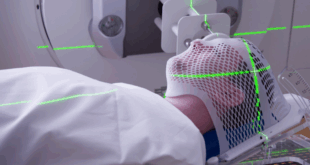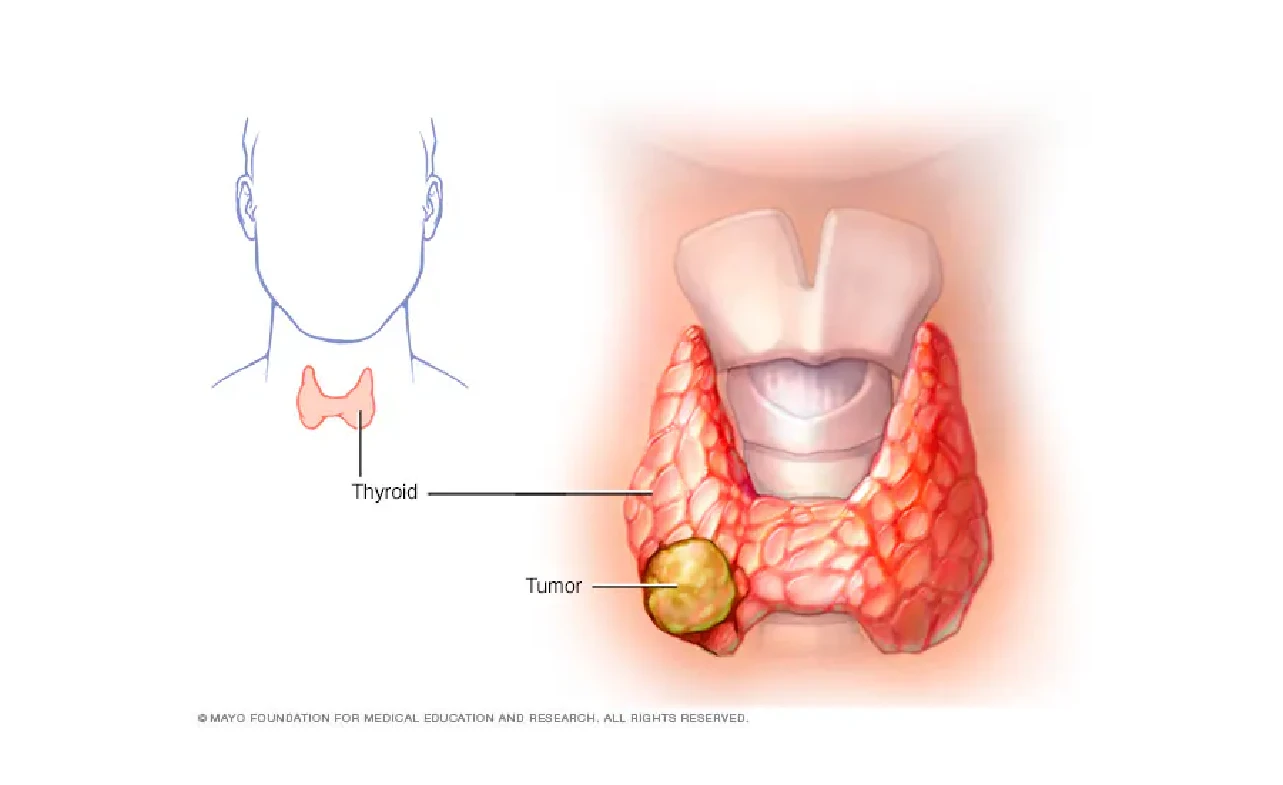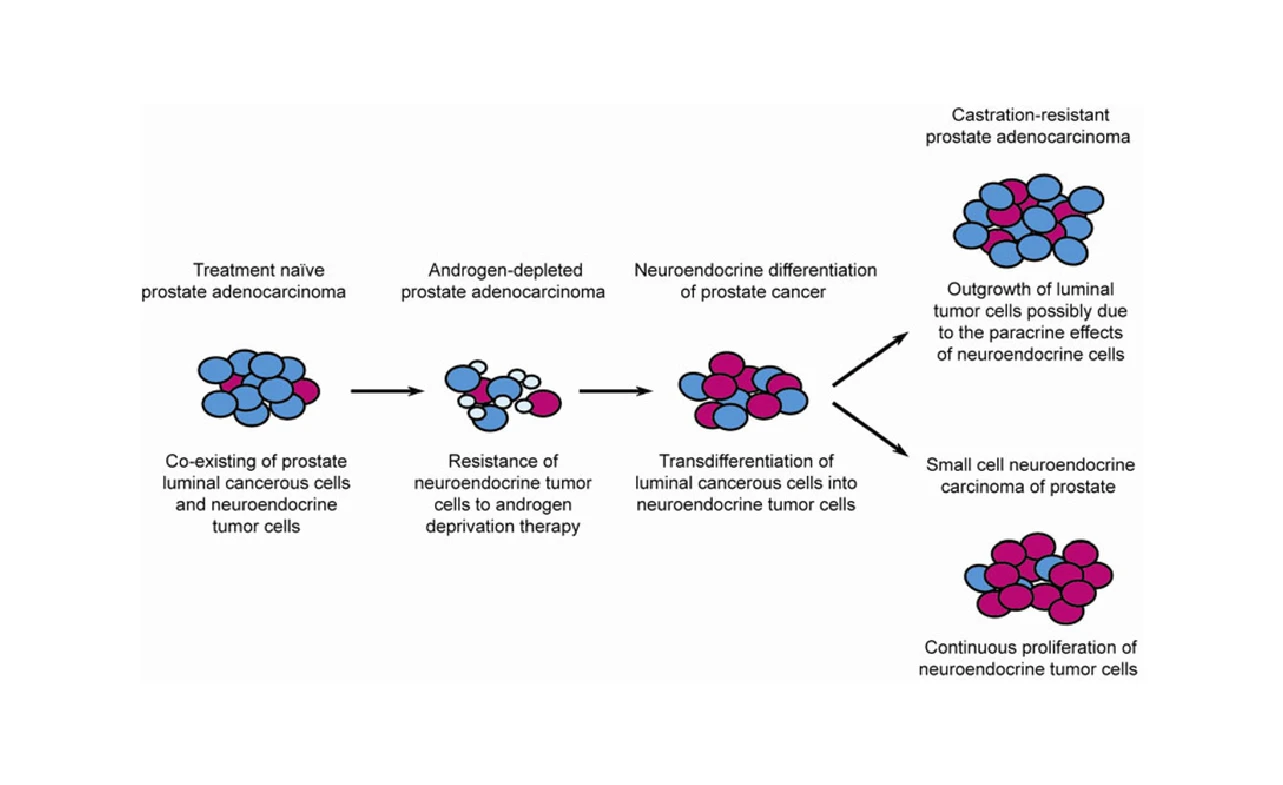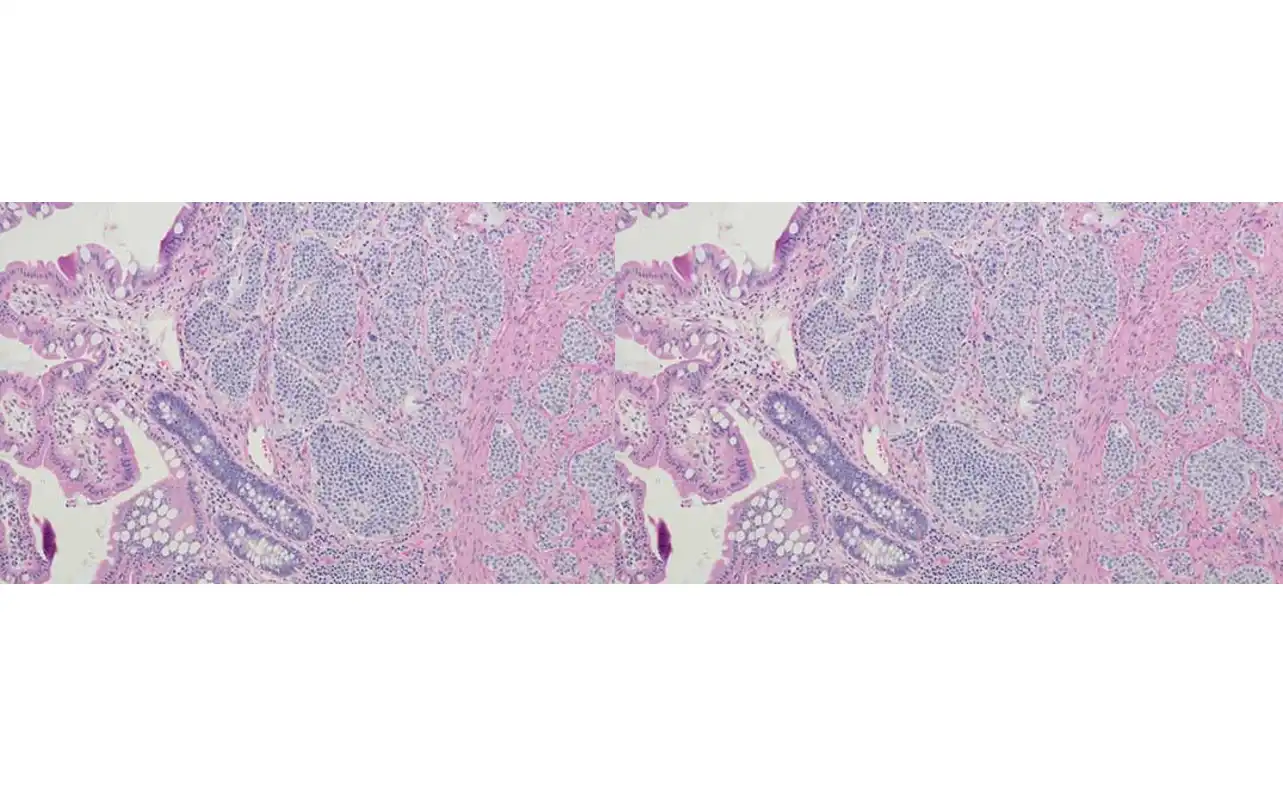Head and neck cancers are a diverse group of malignancies that can affect the mouth, throat, voice box, nasal cavity, and other nearby structures. Among …
Read More »Other Cancer
Tonsil Cancer Stage 1: Types, Causes and Risk Factors
Tonsil cancer stage 1 represents the earliest and most treatable phase of this disease. Detecting cancer at this point often leads to better outcomes, as …
Read More »Endometrial Cancer Surgery: Definition, Types, Causes and Risk Factors
Endometrial cancer surgery is one of the most common and effective treatments for cancer that develops in the lining of the uterus. This type of …
Read More »Does Methotrexate Cause Cancer? Separating Facts from Fear
Methotrexate is a name that often brings a mix of hope and worry. As a powerful drug used to treat cancer, autoimmune diseases like rheumatoid …
Read More »How Do You Get Esophageal Cancer? Uncovering the Hidden Triggers You Shouldn’t Ignore
Esophageal cancer. Just hearing those words might send a chill down your spine—and for good reason. It’s a serious condition that affects the muscular tube …
Read More »Unlocking the Power of Neoantigens in Cancer Immunotherapy: A New Frontier in Precision Medicine
Cancer has always been one step ahead—mutating, adapting, and hiding from the immune system. But what if we could teach the immune system to recognize …
Read More »Understanding the Thyroid Cancer Lump on Neck: What It Means and What to Do
Have you recently noticed a lump on your neck and wondered if it could be something serious? You’re not alone. A surprising number of people …
Read More »Understanding Neuroendocrine Prostate Cancer: Symptoms, Treatment, and Hope for Patients
Neuroendocrine prostate cancer (NEPC) is a rare and aggressive form of prostate cancer that differs significantly from the more common adenocarcinoma of the prostate. While …
Read More »Understanding Neuroendocrine Carcinoid Cancer: Symptoms, Treatment, and Hope for Patients
Neuroendocrine carcinoid cancer is a rare and often misunderstood type of cancer that originates in the neuroendocrine cells, which are responsible for producing hormones that …
Read More »


